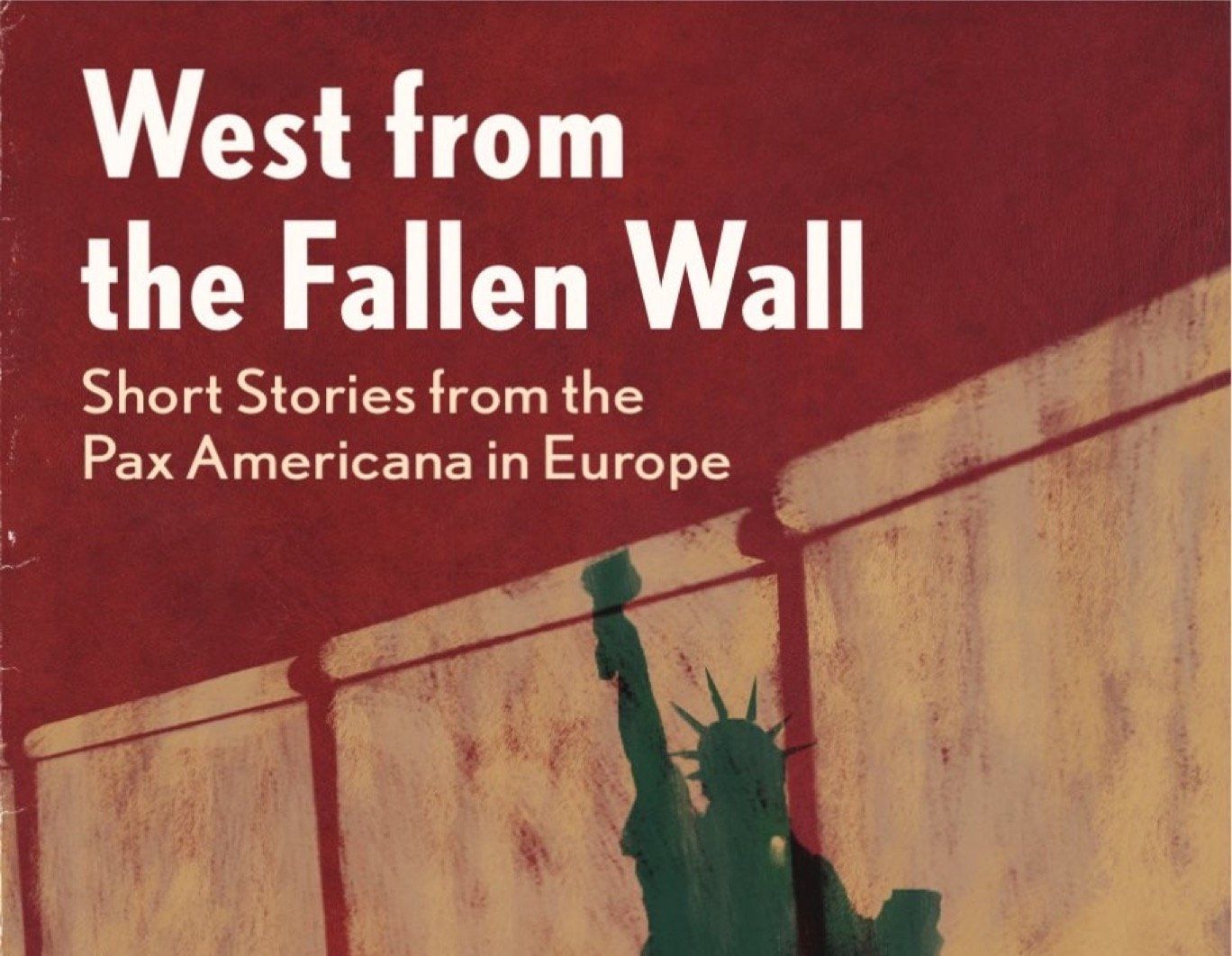
Review: West from the Fallen Wall
West from the Fallen Wall, Short Stories from the Pax Americana in Europe, is an impressive debut. Author Ryan Henderson’s unembellished yet resonant prose reminds the reader a bit of Hemingway. A photographer by training, Ryan manages to translate his skill in visual media into vividly descriptive narrative.
Fiction allows writers to explore themes that they may not even fully grasp themselves, questions that we sometimes cannot form without the medium of story. Many questions come to mind while reading this book. What is the true purpose of America’s continued military presence in Europe in the 21st century? What is the cost America pays to maintain this watch on the Rhine now eight decades on from the end of World War Two? There isn’t any answer in these stories, this is not a didactic work, but Ryan leaves his readers with plenty to chew on.
I’m familiar with parts of the lived reality of this subject, I grew up surrounded by military brats whose fathers rotated between Germany and the U.S. Some of those young soldiers brought home German wives. Those women, my friends’ mothers and grandmothers introduced me to sauerkraut and strudel as a child. Many of the military brats who spent some time in Germany as a child look back on it fondly. And I once made the pilgrimage to Omaha Beach on a windy, cloudy day in late March. I felt that sense of pride in our nation, in what we had accomplished. But I have also seen the other side of this relationship. I remember a distinct drop in the social temperature in a restaurant in Northern Italy when a friend revealed to the proprietor that our party was American, “Oh, that’s too bad. We thought you were Canadians.”
Not everyone in Europe loves America, and as the decades have drawn on, and the Cold War fades from memory, many of them seem to want to be rid of us. This is another aspect of this relationship that Ryan touches on throughout the book, the tensions between a Europe which is in some ways still our cultural superior, but for this long period has been largely at our mercy. Or, if you are less charitable, has been our dependent relative. There are questions of national pride here and of the meaning of sovereignty. Is America an empire like Rome before her? What is the true nature of the relationship between the U.S. and our NATO allies?
My favorite story of the collection is “Nobody Passes Here,” set in Italy’s Dolomite Alps. It captures another recurring theme, the idea of brotherhood in arms. Ryan gives these lines to an Italian veteran of a mountain unit, “We belong to these mountains, and these mountains belong to us. We are willing to die protecting them and the places we have built here. And indeed, many of us have. But there is nothing more noble than giving your life for the people, and the lands that you love.”
This is of course the call of every man who takes up arms for his nation, but Ryan’s work should spur us to consider whether we, as a nation, are rightly honoring that sacrifice. It’s a prescient book, but one which also has the potential to last as a record of this time in our history, the Pax Americana.
You can purchase a copy of the book from the publisher or on Amazon.
